Commemorating the 123rd Birthday of Comrade Phung Chi Kien (May 18, 1901 - May 18, 2024)
Updated date: 05/18/2024 05:43:33

DTO - Comrade Phung Chi Kien's real name is Nguyen Vi, born on May 18, 1901 in a farmer family in My Quan village, Van Phan commune (now Dien Chau commune, Dien Chau district, Nghe An province).

Comrade Phung Chi Kien (1901 - 1941) (Photo: document)
Due to difficult family circumstances, after finishing primary school, Nguyen Vi dropped out of school and stayed home to work in the fields. In 1925, Nguyen Vi went to work as a hired hand at Yen Ly station, Dien Chau. Here, Nguyen Vi interacted with many people and many schools of thought, including those who had participated in Phan Boi Chau's Duy Tan Association and were enlightened, helped, and admitted into the Association.
In October 1926, Nguyen Vi was sent to Guangzhou to attend the first political training course organized by leader Nguyen Ai Quoc. Nguyen Vi changed his name to Phung Chi Kien. After the course, Phung Chi Kien was sent by leader Nguyen Ai Quoc to study at the Whampoa Military Academy. In December 1927, the uprising in Guangzhou broke out, and Phung Chi Kien commanded a unit of the communist army. On December 30, 1928, Phung Chi Kien was arrested by Chiang Kai-shek's army and imprisoned in Guangzhou prison. After 9 months of imprisonment, Phung Chi Kien was released and returned to the Whampoa Military Academy .
In December 1929, Phung Chi Kien was admitted to the Communist Party of China, joined the Red Army, and was later appointed Regiment Commander of the 4th Regiment, 2nd Corps, Dong Giang Red Army.
In December 1930, the Indochinese Communist Party called Phung Chi Kien back to Hong Kong, where he met leader Nguyen Ai Quoc and was informed of the Party's new policies and guidelines. During his stay in Hong Kong, comrade Phung Chi Kien was admitted to the Indochinese Communist Party; in January 1931, leader Nguyen Ai Quoc sent Phung Chi Kien to study at the Oriental University of the Communist International.
In 1934, Comrade Phung Chi Kien returned to Macao (China) and joined the Party's External Command Committee. In March 1935, the First National Congress of the Party was held in Macao (China), Comrade Phung Chi Kien was elected to the Party Central Committee and appointed to the Party Standing Committee.
In mid-1937, Comrade Phung Chi Kien was sent to Saigon with Comrade Ha Huy Tap to directly lead the revolutionary movement in the country; at the end of 1937, Comrade Phung Chi Kien returned to Hong Kong (China) to lead the Party's overseas Command Committee in place of Comrade Le Hong Phong who returned to the country to work. At the end of October 1938, Comrade Phung Chi Kien was arrested, then released and expelled from Hong Kong, he went to Guangdong and Yunnan provinces (China). In mid-1939, Phung Chi Kien was present in Kunming, ready for new work of the Party and the revolution in the new circumstances.
In early 1940, Nguyen Ai Quoc went to Kunming (China), during this time, Phung Chi Kien worked closely with him. On January 28, 1941, Phung Chi Kien followed Nguyen Ai Quoc to Pac Bo, Cao Bang province. Here, he worked alongside him and made important contributions to the construction and protection of the base area; compiled documents, organized teaching and military training for Viet Minh cadres in the provinces of Cao Bang, Bac Kan , Lang Son and the lowland provinces.
At the 8th Central Party Executive Committee Conference (May 1941), comrade Phung Chi Kien was re-elected to the Central Party Executive Committee and assigned to be in charge of Party military work, directly commanding the Bac Son - Vo Nhai base area and the National Salvation Army.
In September 1940, the Bac Son uprising broke out, causing a great stir throughout the country, forcing the French colonialists to find ways to deal with it. At the end of June 1941, the French launched a large-scale sweep into the revolutionary base area to arrest Party leaders, destroy the headquarters of the Viet Minh and the newly formed revolutionary armed forces. Comrade Phung Chi Kien commanded the Bac Son National Salvation Army to fight and destroy several large sweeps by the French. However, due to the difference in forces and weapons, the leadership of the Bac Son - Vo Nhai base decided to leave a squad to block the enemy, while two squads broke the siege and retreated to Cao Bang to preserve their forces.
On August 19, 1941, the army led by comrade Phung Chi Kien and Luong Van Tri (Standing Committee member of the Northern Regional Party Committee) passed through Po Kep (Na Ri district, Bac Kan) and was ambushed by the enemy, but the unit escaped. On August 21, 1941, the unit was ambushed in Bang Duc commune. Although seriously wounded, comrade Phung Chi Kien still held on to his gun, shooting at the enemy to help his comrades escape the siege; after firing his last bullet, he fell into the enemy's hands. On August 22, 1941, the enemy beheaded comrade Phung Chi Kien and planted it at the head of Ngan Son bridge to intimidate the local cadres and people.
In recognition of Comrade Phung Chi Kien's contributions to the struggle for national liberation and the building of the revolutionary armed forces, on September 23, 1947, President Ho Chi Minh signed Decree No. 89/SL posthumously conferring the rank of general on Comrade Phung Chi Kien. This was the first decree conferring the rank of general by our State. In November 2003, the Party and Government issued a decision to recognize Comrade Phung Chi Kien as a former member of the Central Party Standing Committee, term I, a general-level military leader, and a martyr who died heroically in combat.
The life and career of Comrade Phung Chi Kien left the entire Party, the entire people, and the entire army with a shining example of a communist soldier in many aspects. The 123rd anniversary of Comrade Phung Chi Kien's birth is an opportunity for us to review his life, career, and honor his great contributions to the Vietnamese revolution; educate the spirit of patriotism and national pride, encourage and motivate all classes of people, especially the young generation, to study, follow, and contribute to the successful implementation of the goals and tasks of building, developing, and protecting the country in the period of integration and development.
Phu Nghia
Source



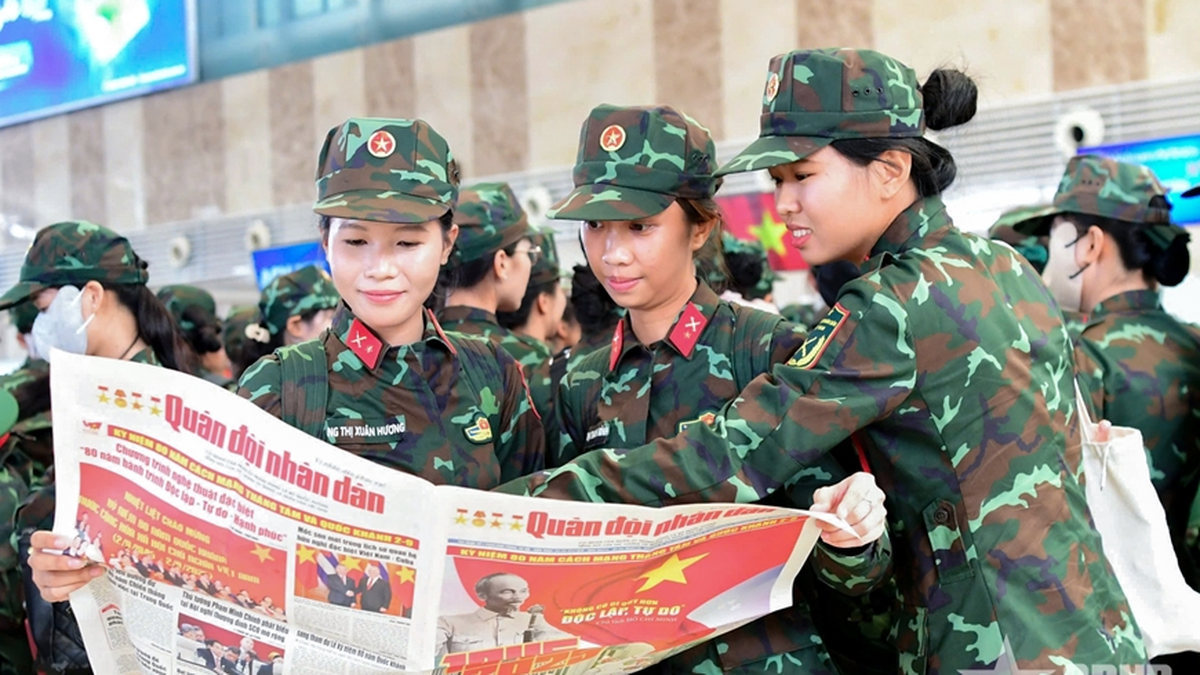
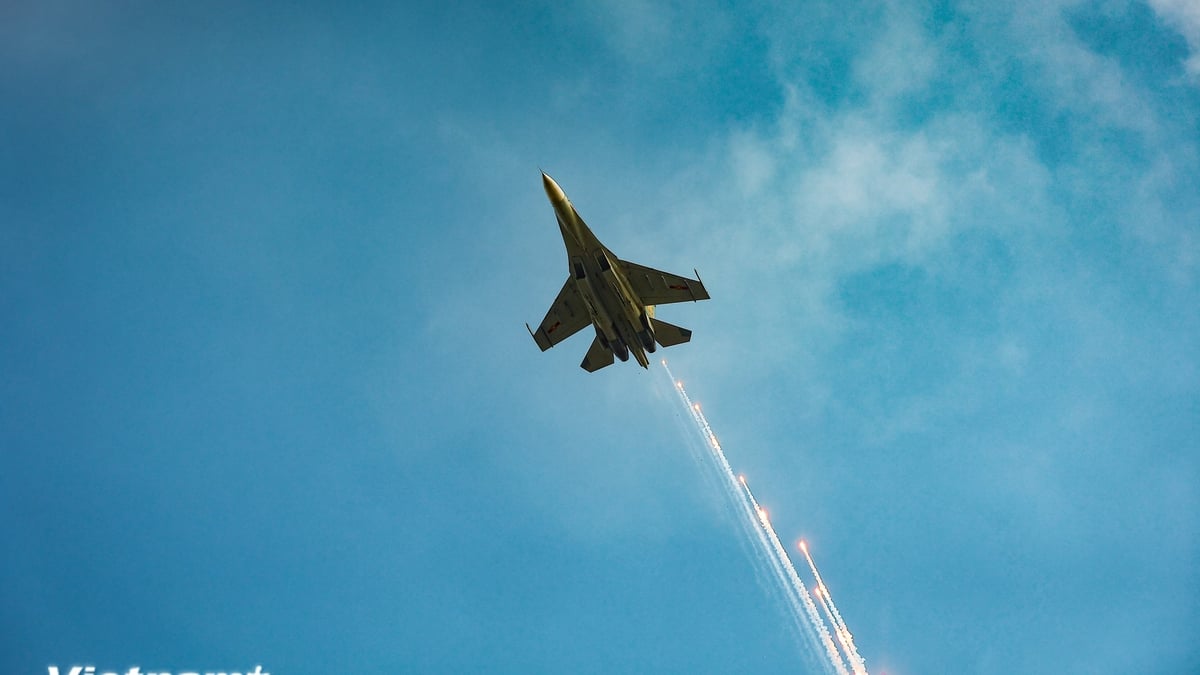

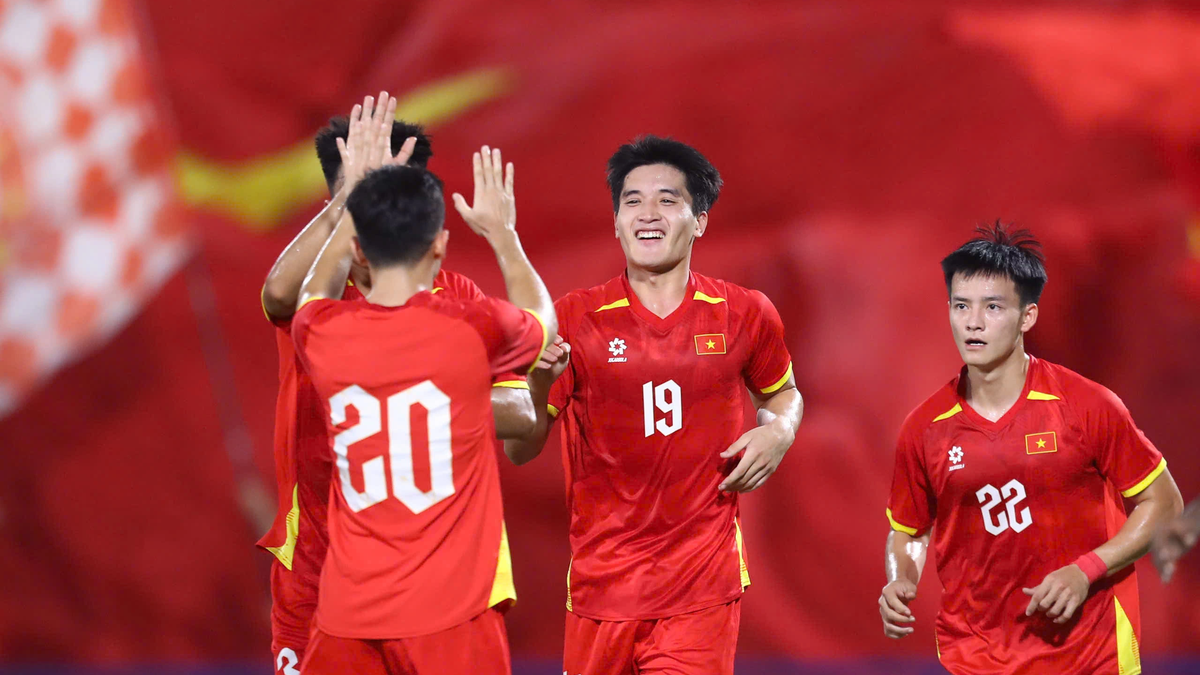

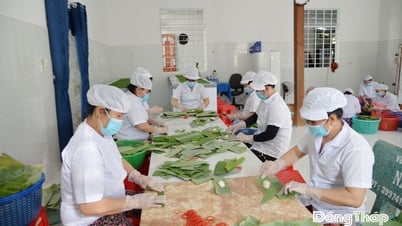

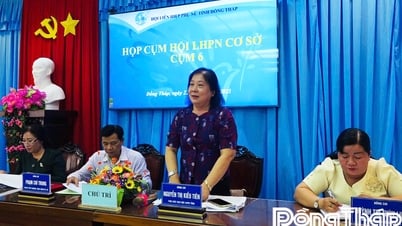
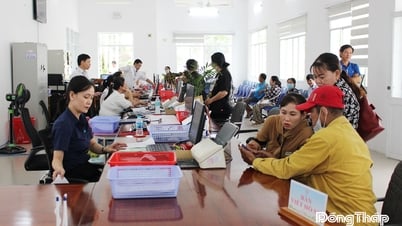
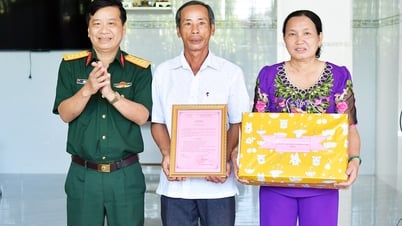
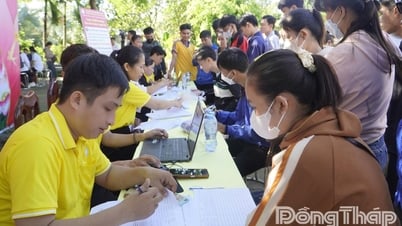
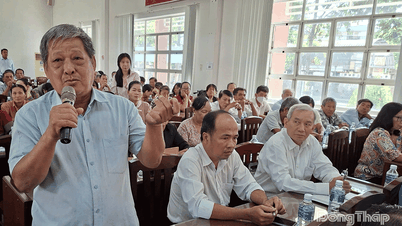
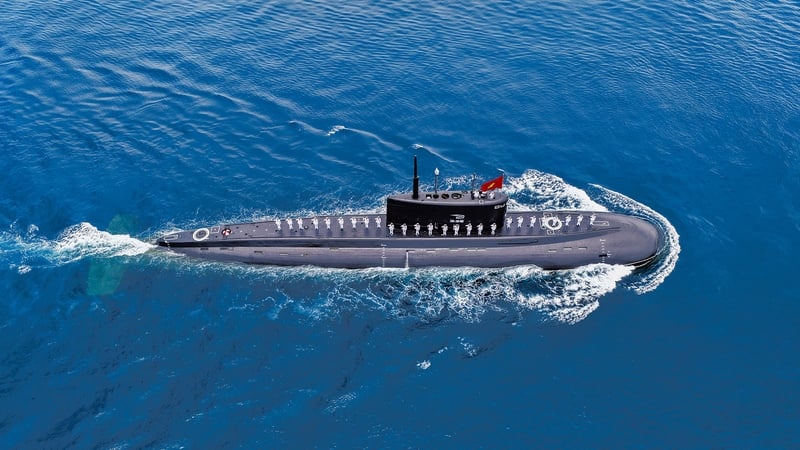
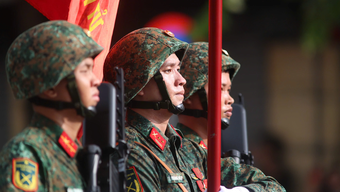
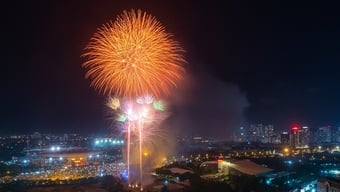

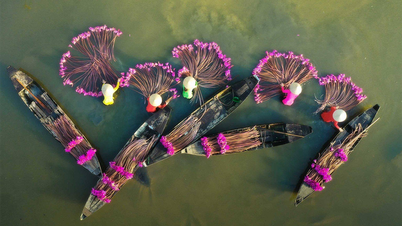

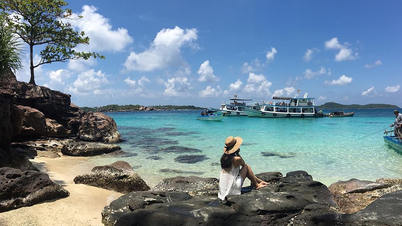
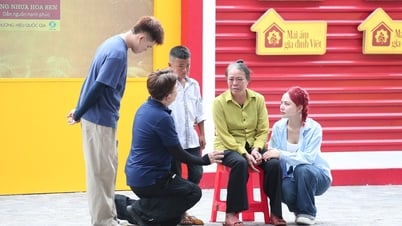

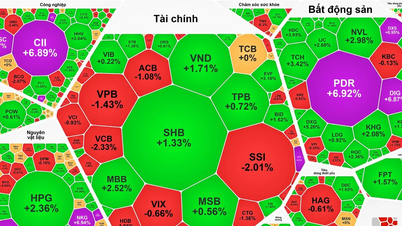


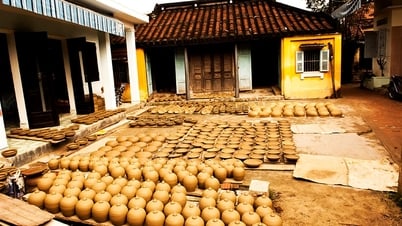

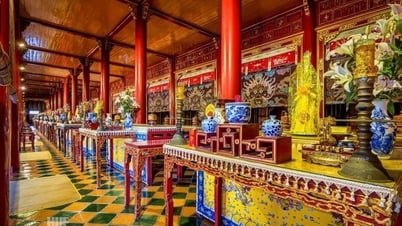

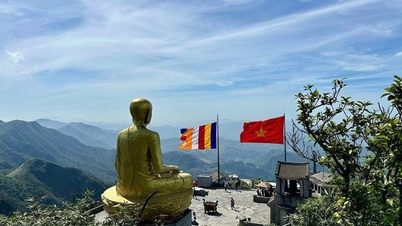








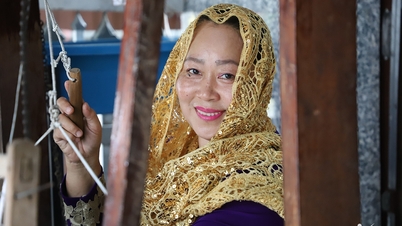

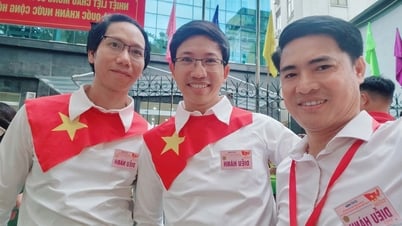

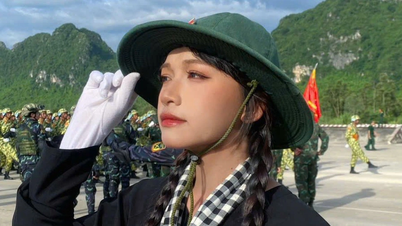
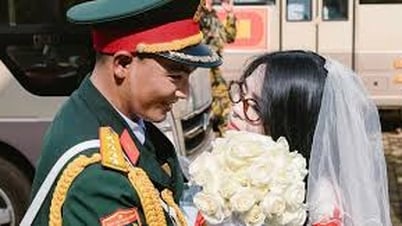


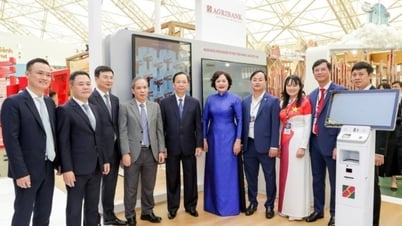


![[VIDEO] Petrovietnam – 50 Years of Keeping the Heritage Torch, Building National Energy](https://vphoto.vietnam.vn/thumb/402x226/vietnam/resource/IMAGE/2025/9/3/3f5df73a4d394f2484f016fda7725e10)
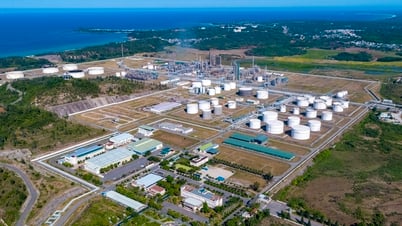
![[Photo] President Luong Cuong meets with Russian President Vladimir Putin](https://vphoto.vietnam.vn/thumb/402x226/vietnam/resource/IMAGE/2025/9/3/87982dff3a724aa880eeca77d17eff7f)
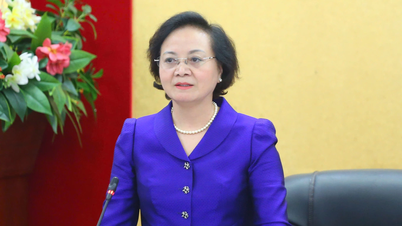

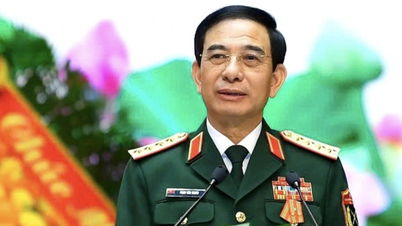
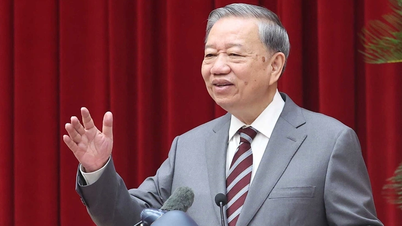
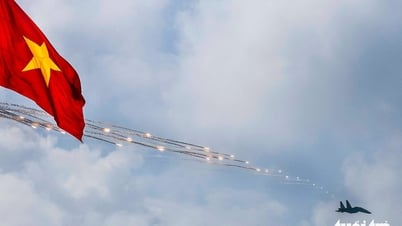
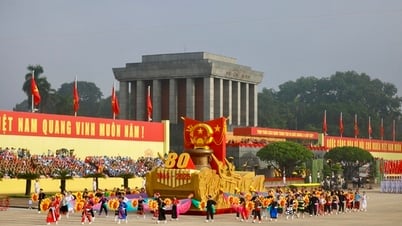


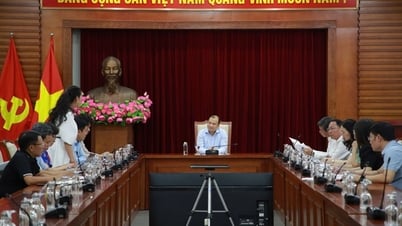
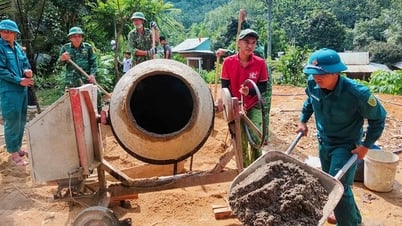

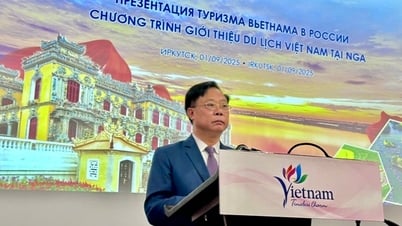
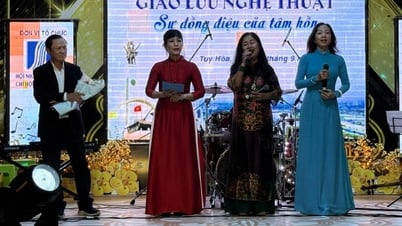

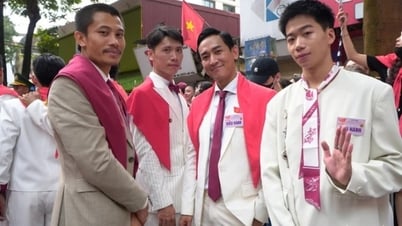

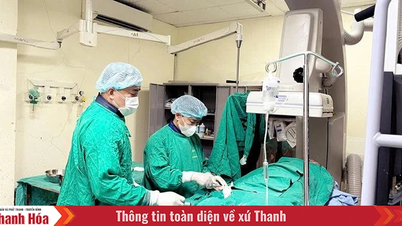

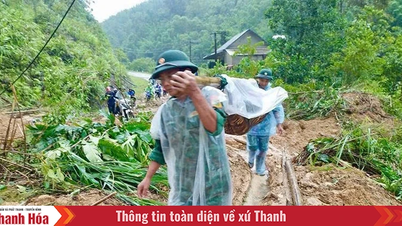
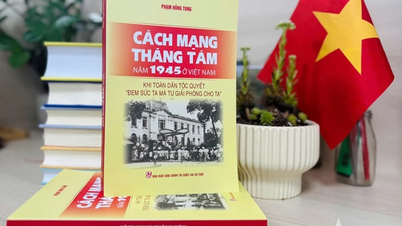

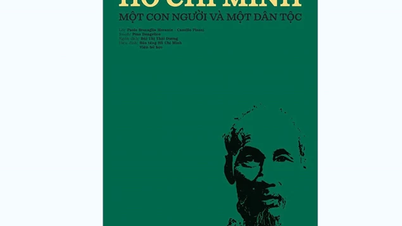
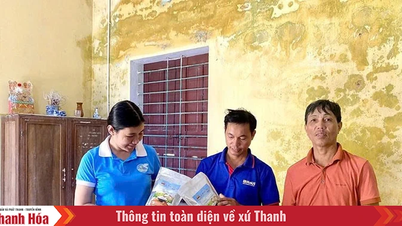
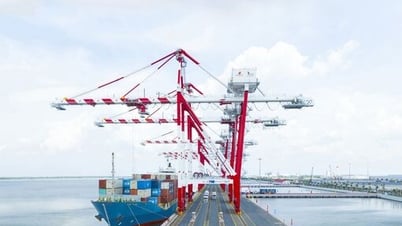

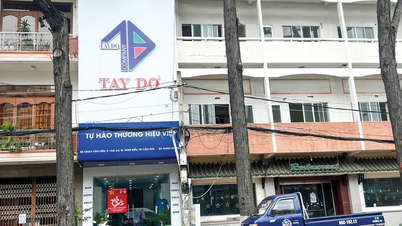

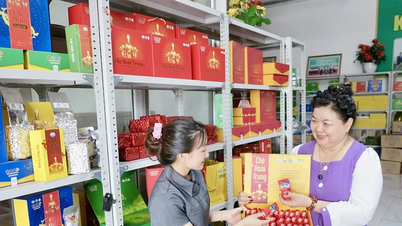

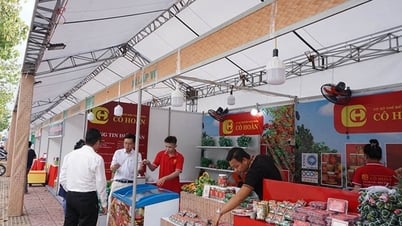





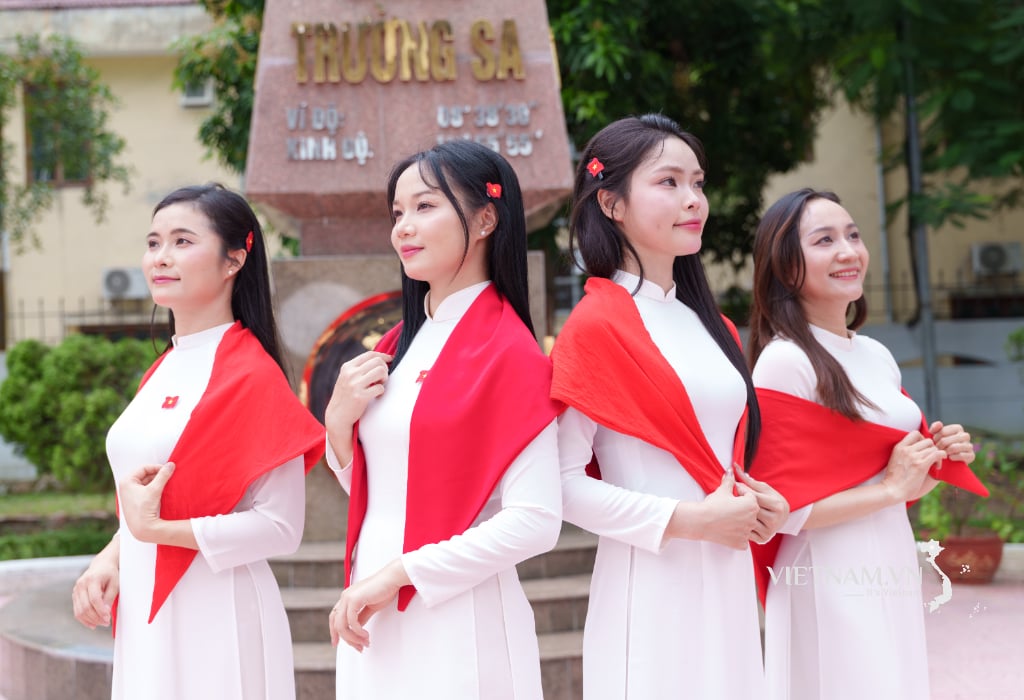
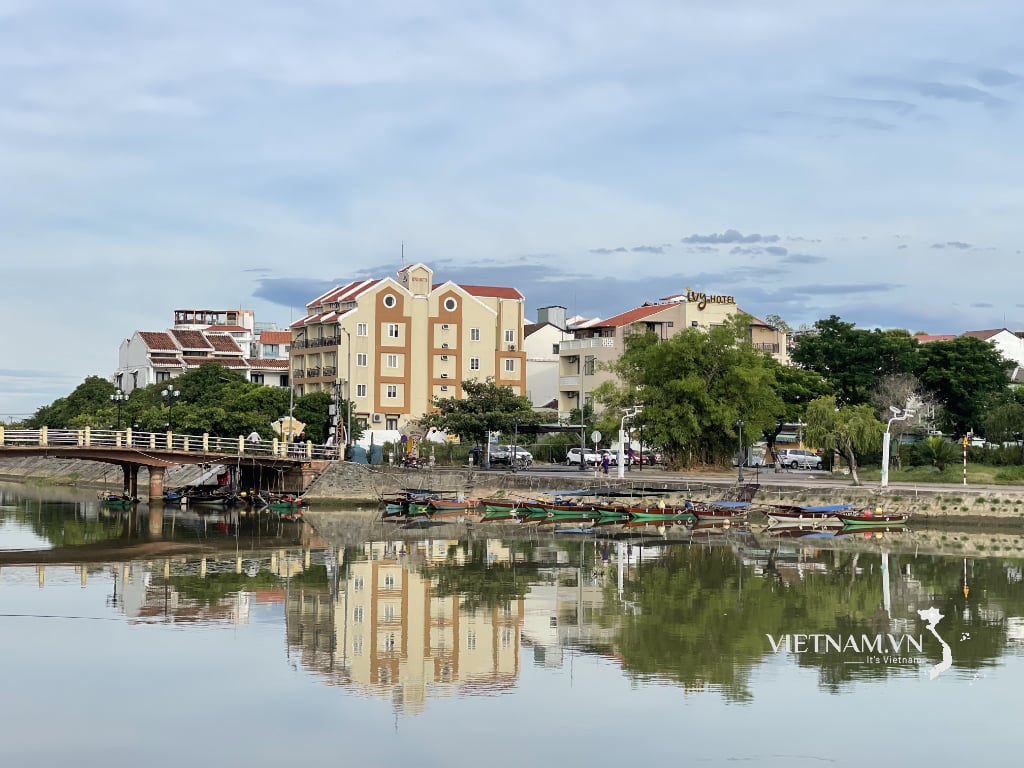

Comment (0)